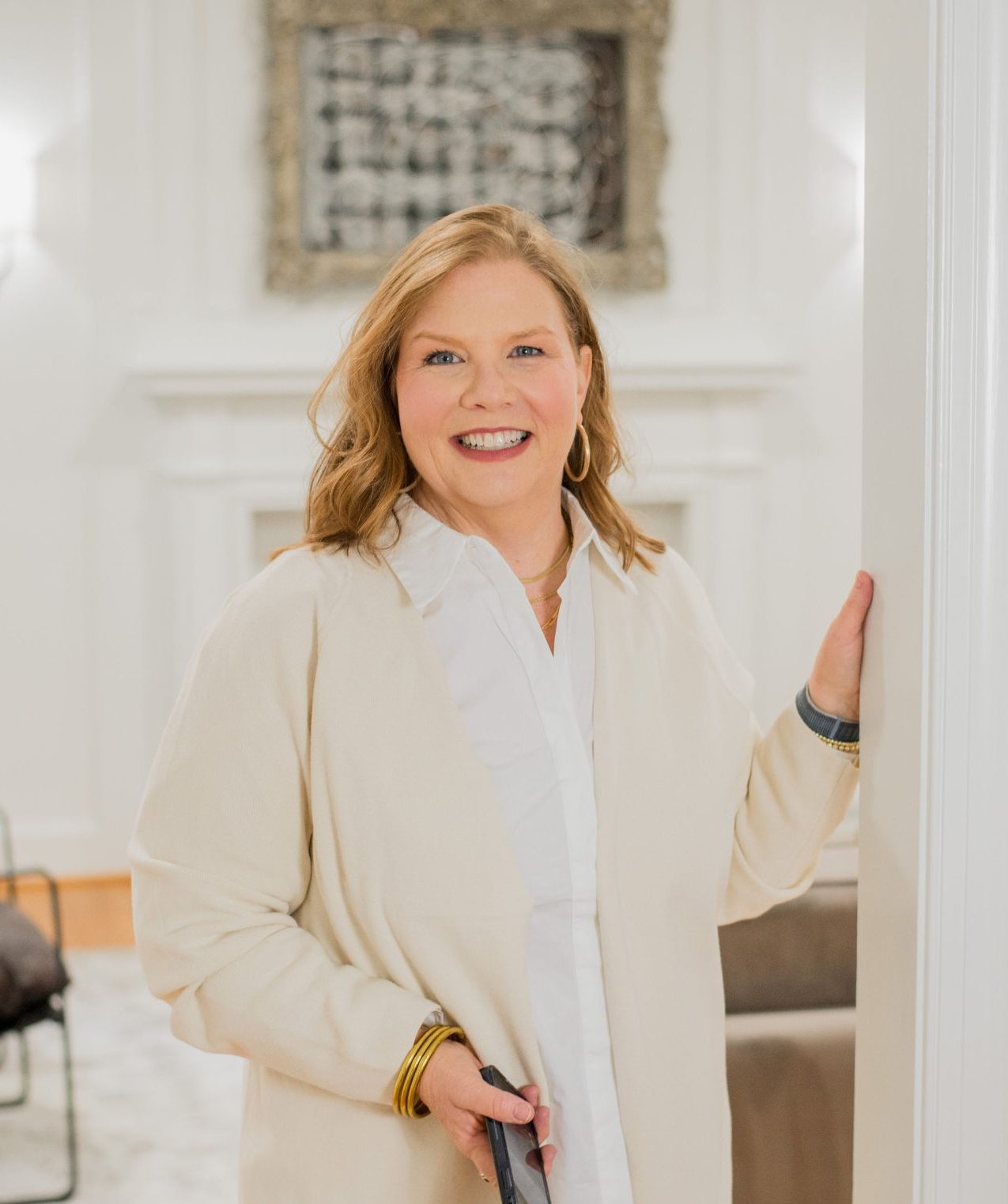HomeBuying
Here you’ll find lots of information on buying a home, whether it’s your first, your tenth, to enjoy or invest in or anything in between. Markets, forms, and everything else are always changing in real estate, so check back here if buying is on your horizon.

How do you even go about picking the right Realtor? And is it even important? In the market that we're in right now, or really any market at all, having a good agent on your side on your team really is a crucial component of either selling or buying that house. You really want an agent that's going to be willing and able to have those hard conversations. So that means telling you that your offer may not win and helping you craft the offer that will. That means telling you that your cats smell a little bit more than you maybe think they do. That is telling you that you might need to move that old sofa out and have your home staged. So while we all like to hear what we like to hear, sometimes we need somebody to give us those hard questions hit us with those hard truths to get us where we want to go. Obviously, I'm going to tell you, I am the agent that's going to give you the hard truths, ask the hard questions, and tell you what you may not always want to hear. So if you're ready to have some of those hard conversations that are going to help you get where you want to be in your real estate goals. Give me a call. I'd love to talk to you!
Read more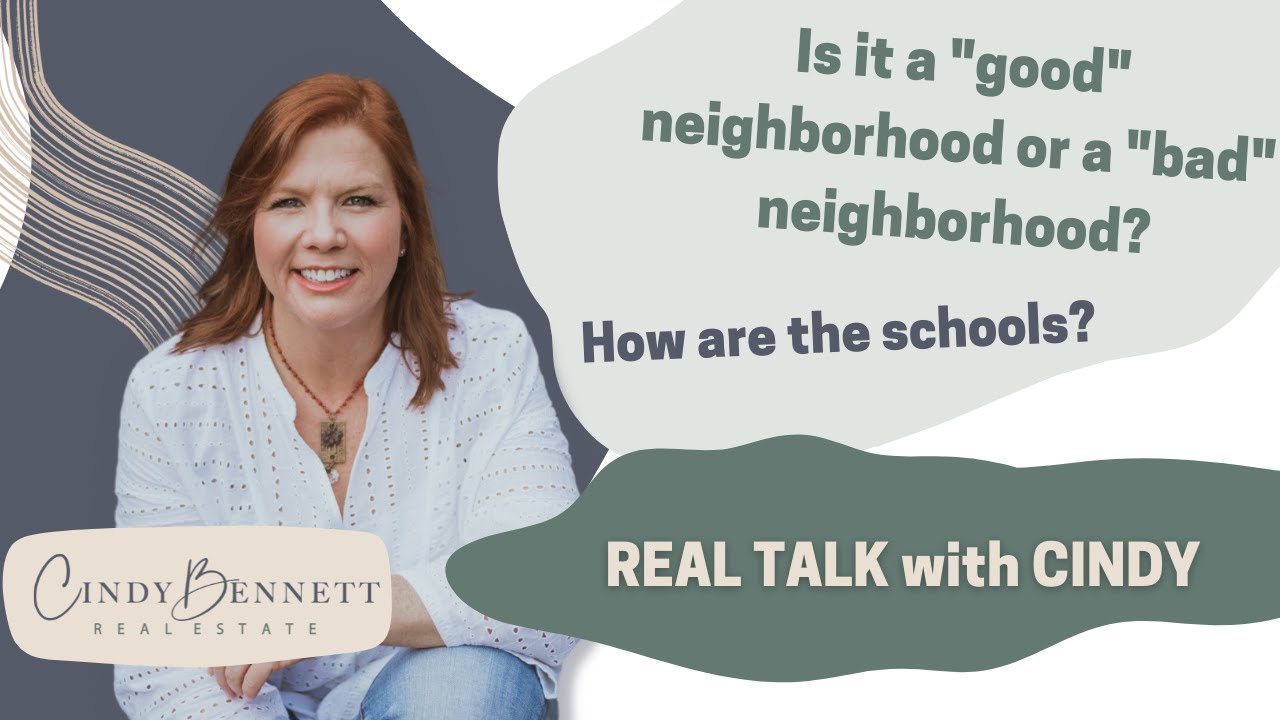
Is this house in a good area or a bad area? What do you think of this neighborhood? How are the schools? These are some of the questions that I get asked all the time. And I hate to tell you, I can't really answer them. Because of a little thing called fair housing, we really can't, as Realtors, tell you what's a good area and what's a bad area. One of the things that I can tell you just as a person and not as a realtor is, we all have a different perception of what that is to just like, my favorite pizza might not be your favorite pizza. Telling you what an area is or is not necessarily going to give you the data that you need. My goal is always to be the source of the source. So I can always provide you with enough information and reference sources to get you where you want to be. Whatever you're looking for in a neighborhood. Remember, what's good for you may not be good for someone else and vice versa. What I can do to help you when you're searching for a home is give you all the information and resources to help you make the best decision for you and your family. If you're thinking about looking for a home and you have questions about any part of the process, please reach out give me a call send me a message. I'd love to talk to you.
Read more
Well, mostly midsummer, at least. It's hard to turn on the news without some sort of daily update about the real estate market, but with so much click bait, so many opinions, and headlines crafted to grab your attention, what is the real story?? (And how much does the national news impact what's going on here in Central Virginia?) I'm here to break it down for you! What's Been Happening for a While? Well, it's no surprise that the real estate market has been going full steam for the last couple of years. The reasons for that are numerous. To name a few: The pandemic created different needs in the home- more work from home situations, more desire for home to be a "get away" when so many get aways were closed (think pools, putting greens, and more outdoor kitchens), and more people becoming something of digital nomads, with the ability to move anywhere. Interest rates dropped to historic lows, so money became so cheap to borrow, and that absolutely spurred the market, make home ownership more attainable for many. Millenials/older millennial buyers dropped into the market in force. Being the most populous generation, they made up 43% of the buyers out there in 2021 and those numbers continue to grow. The production of new housing units dropped after the mortgage crisis in '08, and the supply has diminished since. All of those factors created a serious supply and demand issue, where there were quite literally more buyers than homes. That's been going on for a couple of years now. What we're seeing now and how it's changed over the last few months. Obviously, rates have risen quite a lot in the last few months, going from a low of 2.68% in December of 2020 to the current rate (as of July 2022) hovering around 5.5%. That has pushed some buyers out of the market completely, and more into different brackets of their price range. In our market, in Central Virginia and the Metro Richmond area, We're still seeing a good number of multiple offer situations. But, instead of 15 offers, we're seeing more 4 or 5 offer situations. Every home is not selling immediately. The homes that have don't have great curb appeal, show a lot of deferred maintenance, or are priced too ambitiously are not flying off the market like they were a few months ago. Buyers are able to be, and are being, a little more picky, and a little more cautious. Fewer buyers are waiving "all the things-" Inspections, appraisals, etc. More price reductions. Price reductions have tripled since early May. Those days of pricing homes by throwing a dart up high, and having offers that still exceed it, seem largely over. In most cases, at least. What is projected in the next few months/looking into next year? (And how will it all affect you if you're looking to buy or sell?) Despite some people's predictions of a housing market crash, that's VERY unlikely to happen here in the Richmond area. Demand is still high, and supply is still pretty low. While we may see a more "normal," market, it is doubtful that we'll shift completely from a seller's market to a buyer's market. It will likely just be more balanced. We're already seeing more home inspections and fewer high appraisal waivers, so if you've wanted to buy and those things have scared you, that window is opening just a bit. All of the experts do predict that rates will continue to rise over the next few months to a year, and that homes prices here will continue to go up (not at the same rate, but still, up) for the next few years, so if you're thinking of buying, don't wait for prices to go down. Buy when it's right for YOU. If you're thinking of selling, you may have missed *much* of the crazy peak of the seller's market, but with supply still low, it is still a good time to sell and leverage the equity you have in your home. Do you have more questions about the market? Follow me on social media and here for more market updates, or give me a call to give you a customized assessment of your unique situation.
Read more
But wait a minute, if you're writing an offer, isn't it always about who is willing to pay the most money? In this crazy competitive market, we've been in now for a while. Sometimes it is. And sometimes it's not. Sometimes it's about those little individual things that make a difference to the seller. Here are a few things that I've seen recently. One, a seller that had 19 offers, the ones that they wanted to negotiate were the ones with no inspection, not because they thought there was going to be anything wrong with the house, but because they had small children. And the idea of not having to clean the house once more made a huge difference to them. When you're getting a mortgage on a home, you are going to have to have an appraisal, your lender is going to require one and if it doesn't appraise for the escalated value that that offer may have been, and you can't make up the difference in cash. You could be offering $10 million on a $300,000 house, but the lender is only going to give you $300,000. And sometimes people are just super emotional about their house. I've also seen situations where the people just knew that the buyer's love, love, loved everything that they had done, and that made a huge difference to them. They wanted someone to love the home as much as they did. Are you curious about more ways to be a lucrative buyer in this incredibly tough competitive market? I'd love to talk to you. Sit down and help make your homeownership dreams come true. Send me an email give me a call.
Read more
Are you starting your home search? Get off the internet! Here's why a lot of those sites that seem so terrific on the internet might not be the best place to really get going on that home search. You just start poking around and then the next thing you know there's a house you want to see. Make sure that you are connected with, you know, me, or a realtor in your local market that's going to be able to give you the solid data, the actual listing price, and the comparables that are up to the moment in that particular neighborhood and area that you're looking at. Once you're ready to look at real homes in real life, let's set up a meeting in real life and set up a plan that's perfect for you and that home that you know you're gonna love.
Read more
Curious about what the market is doing? Here's what's happening, with a few FAQs, a few stats, and a few predictions. Do you have questions? Reach out to me- I'd love to get you some answers! If you've been waiting for a "crash," I hate to disappoint you. While we're certainly seeing something of a shift, that only means that we are heading towards (hint- we're not there yet) what will likely be a more balanced market. That means things will start getting a little easier for buyers, while still being good for sellers. Wait. What? Well, here's what that means- The definition of a balanced market is one in which the supply and demand are, well, you guessed it- balanced. That means if no other homes were listed, it would take about 6 months to sell through the inventory on the market. Where have we been in the last year+? If you look at this graph, you'll see it's actually been nearly 10 years since we've had a true balanced inventory, but in the last year or two, we've consistently been under one month of inventory. There have simply not been enough homes to meet demand. (The why of all this is a longer story that I won't get into now.) As of May '22, we're at .9 months, and still very much in a seller's market. Because of the length of time it takes real estate transactions to close, these numbers are often lagging indicators. In other words, the data is generally a little old to really be accurate for the moment. What I can tell you is that anecdotally, here's what we're seeing: We are STILL seeing many multiple offer situations. Just more often there are 4-6 offers, rather than 20. (There are still lots of 20+ offers happening, though, on those "perfect perfect turn key" homes.) We are seeing more inspections written in to offers, and more of those offers getting accepted. Whew! This is GREAT for buyers. (Keep in mine, in certain areas, and on certain homes, we're still seeing lots of inspections being waived, so just be aware of that if you know you're in a competitive situation.) We are definitely seeing more price reductions, more homes on the market for a bit longer, and more homes without tight offer deadlines. All of these things mean there is hope for the buyers out there, and while we don't really anticipate prices going down, we do anticipate things getting just a bit easier for the buyers out there. (Finally!) "So, what does this mean for sellers? Have we missed our window?" NO! You have not missed your window. It is still a great time to sell! But, we are definitely seeing things trending more to "normal," which means if you're going to sell, there are some things you'll probably want to do to get top dollar (search Selling Your Home posts here for some of those tips!). Cleaning, using a great agent who actually uses professional photos and markets your home, staging, and doing some repairs and prep work are making a comeback for folks who want to get the most money for their home. Also key? Pricing correctly! That window of exorbitantly high prices that still go for over asking may indeed be closing. Questions? I've got answers. Message me or give me a call. I'd love to help!
Read more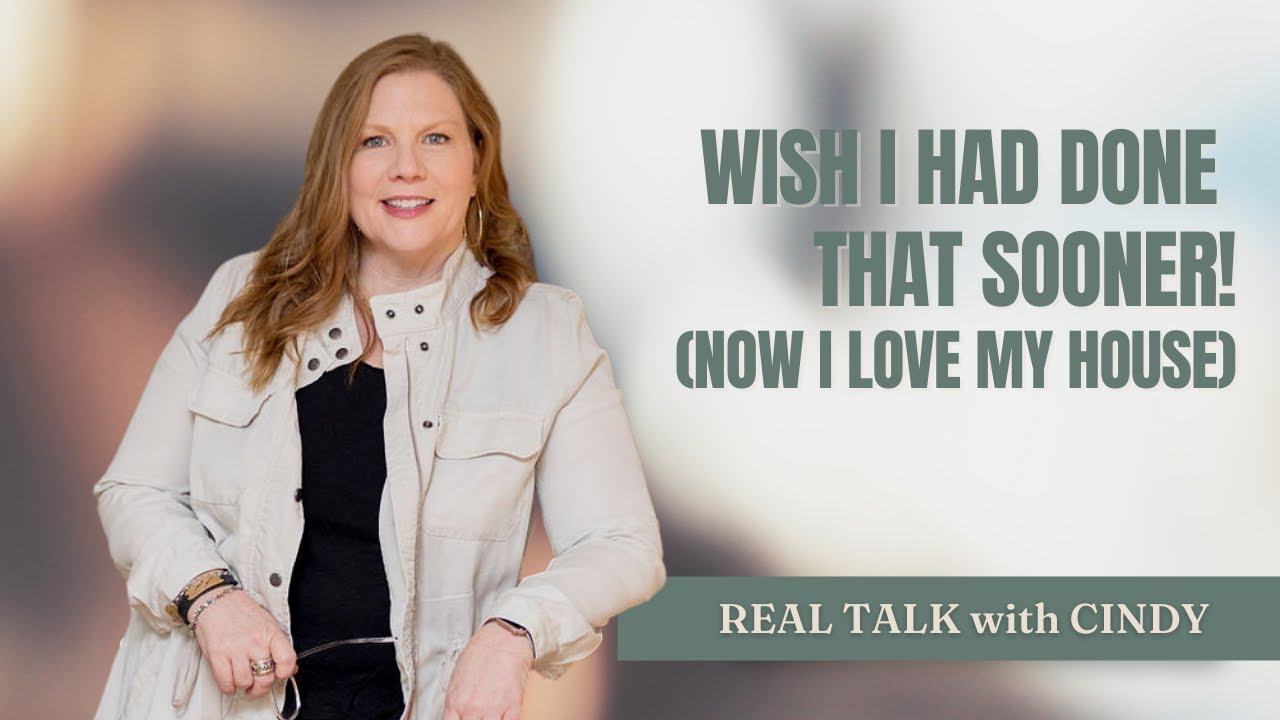
Ugh, I wish I had done that sooner. Now I love my house! I hear this all the time. People do things to get their homes ready to sell, but they don't do them until they're really getting ready to sell. If you know you're thinking of selling your house this year, and you know that there are some things that you're going to want to do to get it ready, start doing those things now so you can enjoy them and not just the new buyers. If you're wondering what that list is, of things that you need to do to get your home ready to sell, give me a call, and let's walk through, get that list together so you can start doing those things that are going to help you not only get the most bang for your buck but help you enjoy the house while you're still living in it. Give me a call or shoot me an email today and let's get a time set up to take a look at your home.
Read more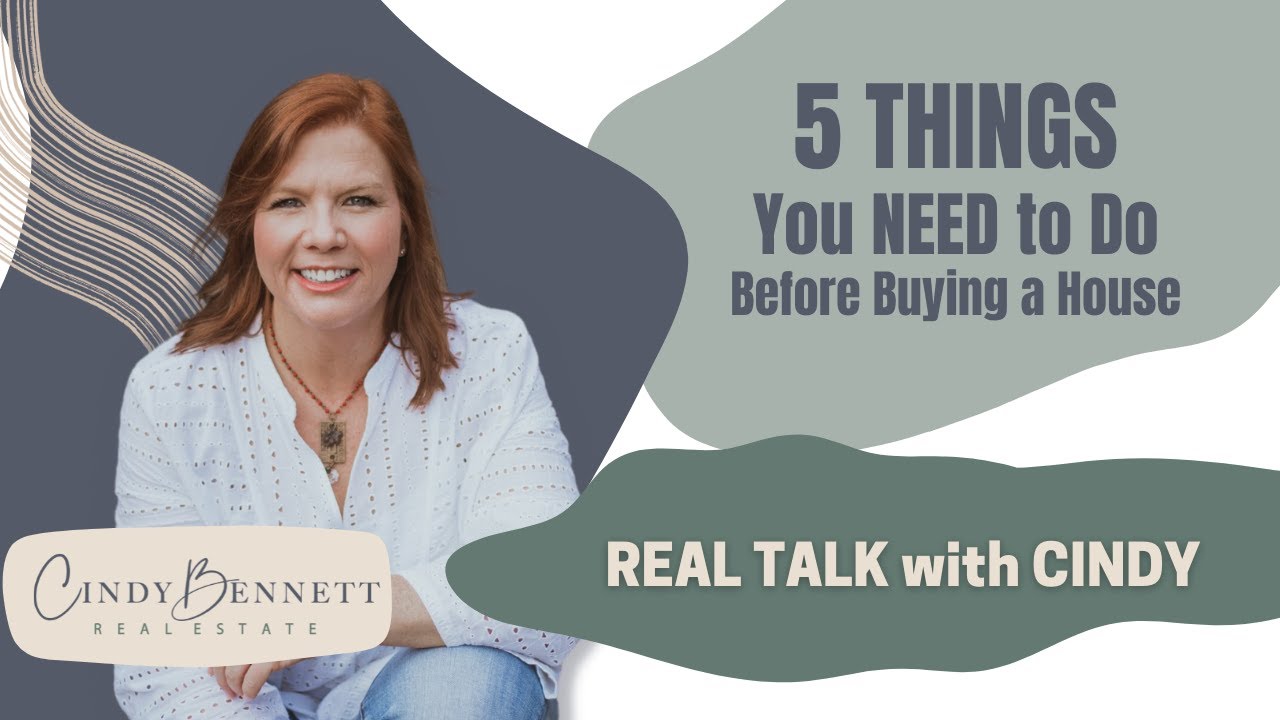
So you want to buy a house in the new year, here are five things that you want to do now to get ready. Surprise, surprise, most of them are going to have to do with money. The first one is going to be your credit score. You can pull your credit score and your credit report all sorts of places for free. Now, you want to make sure that it's at least 620. To get a mortgage at all and at least 700 to get a good rate. Make a budget, look at what you actually spend and where you feel comfortable having your mortgage payment that may or may not be where your rent payment is now, because remember, you're going to have some extra expenses when you buy that home and it's not just the new stuff. Start saving, you definitely don't need 20% of the down payment anymore, but you are going to want to have a little bit extra in the bank to cover all of those things that might come up and closing costs. Be ready to compromise. We're going to talk about this in another video. But this doesn't have to be your forever home if it's your first home. I hope these tips were helpful. If you would like more tips, give me a follow, and if you want to put together a plan to buy a home in the new year. I'd love to help you. Give me a call.
Read more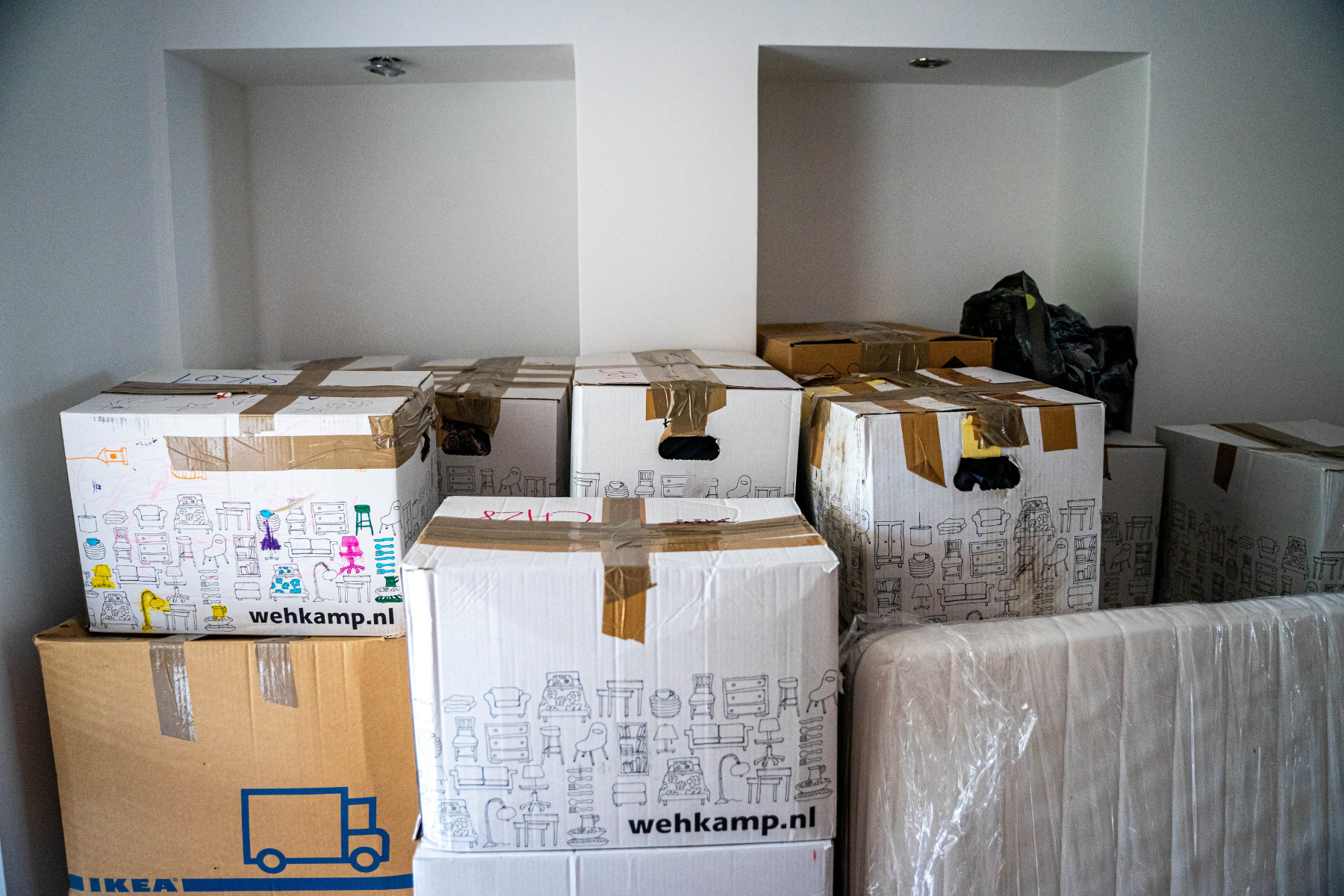
Home Sweet Home The movers are gone, and you’re surrounded by boxes. Overwhelmed? Now what? To get settled in as quickly and as possible, Mary suggests you start with the areas that will allow you to get back into your daily routines - the kitchen, primary bedroom(s) and bathroom(s), and if you work from home, your office. By getting the spaces unpacked and organized first, you’ll be able to quit the take-out meals and get ready for your day without digging through boxes. Unpack methodically - emptying each box and staging items in their new home before moving on to the next box. If you haven’t already, think about your space and how you’ll live in it. Keep your most used items in the spaces that are easiest to access, and keep things near the area you’ll use them. For instance, keep dishes near the dishwasher, and the cosmetics and skincare you use daily in the top drawer of your vanity. Once you’ve got those primary spaces unpacked, start in other spaces you’ll use regularly. We know as well as anyone how tempting it is to head over to The Container Store or Target to buy all of the fun things to get your new home organized. Don’t…yet. It’s important to know what you’ve got and where it belongs BEFORE you buy bins and baskets. As you unpack, stage items in the spaces you’ve designated and see if it makes sense for how you live in your new home. Don’t worry if you need to make adjustments. Figuring out what works best for you and your new space is part of the process. It’s okay to adjust until it’s most functional for how you live. Then, before shopping, measure your cabinets, shelves, and drawers to make sure the new bins/baskets/dividers will fit. It can be hard to get unpacked when you can’t take a hiatus from regular life. Other responsibilities can make it hard to get all of the boxes unpacked. Try to keep unpacking at the top of your priority list until all of the unpacking is done so that you don’t end up shoving boxes in a guest room closet to find them months (or more) later. If it feels impossible to get it all done, consider investing in a professional organizing service to help you get moved in. This can drastically reduce the time it takes to get back to “normal” life. (Organizers can help you through the entire move process - decluttering, packing, and unpacking - and has the tools to help you determine the most functional systems for your new home.) I (Cindy) highly recommend In Good Order to help you get both packed up and unpacked at your new place. Trust me. Especially when you are organizing a brand new (or new to you) space, having a pro there to help you manage, both mentally and physically, can make a huge difference in how you organize your home, and ultimately, how you live in and enjoy it. Do you have more questions about moving? We’ve got you covered!
Read more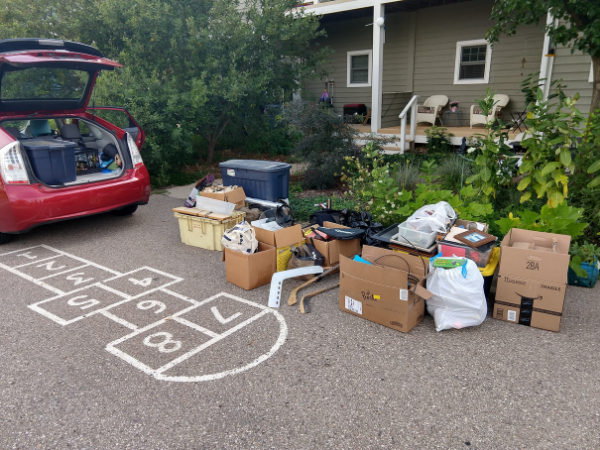
You’ve signed a contract on a new home and now you’re moving. Which means packing. And finding a mover. And arranging furniture. And unpacking. And finding places for ALL of the things. And. And. And… One of the best ways to ensure a smooth move is to plan. Think about how you will live in your new house. Will you use the front door or the back door - and where will shoes end up once you’ve come in? Where is the most practical place for your vacuum, spare batteries, and wrapping paper? Plan what will go in each closet and cabinet. If you know where things will go and pack accordingly, you won’t stress about those decisions as you’re trying to unpack. Before you start packing, think about what you shouldn’t pack. You’ll want to have some necessities on hand, such as a change of clothes and toiletries, toilet paper, and paper towels to tide you over until the movers are gone and you’re able to unpack. We also suggest moving items yourself that can’t be easily replaced, like medications and your vital documents. You’ll also need packing supplies. We suggest: Moving boxes - try Go Green moving boxes. They’re around the same price as cardboard boxes, and there’s no taping. You’re also not left with a giant stack of boxes to break down and get rid of Wardrobe boxes or large heavy-duty shopping bags for hanging clothes Packing paper and bubble wrap Labels and Markers Hopefully, you read our first post in this series and started purging before your house ever hit the market. But let’s be honest, you can still probably let some things go. Why is it so important to purge before you move? Packing is no fun, so why spend time (and money on supplies) packing items you don’t want or need? You will be paying a moving company to move items you won’t use (or doing it yourself). It will take you longer to unpack, and therefore longer to get settled into your new home. So as you’re packing, ask yourself those same questions - do I need, use, or love it? - and if the answers are no, no, and no, let it go. Pack each box by the type of item(s) and what room it will go to in the new house. Use soft items like towels or linens to line the bottoms of boxes with breakables. Wrap breakable items generously and don’t overstuff boxes. Label each box clearly by room (and which floor if it's a multi-level home) and list the types of items in the box. Group boxes by floor and room. This should make it more efficient for the movers to unload boxes and get them to their appropriate rooms. Does all of this make you want to stay where you are? Hire a professional organizer who offers move services to do the packing and unpacking for you.
Read more
